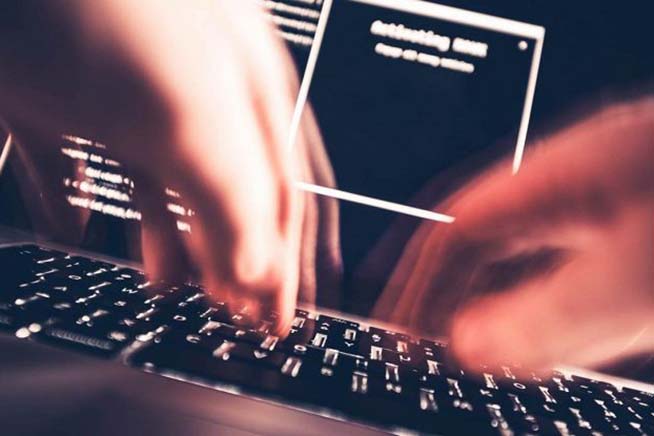Cyber criminals use social accounts for a lot of scams on the Net. Here's how to find out if hackers have tampered with your Facebook account
One of the biggest fears is finding your account on a social network hacked and managed by a cyber criminal. Facebook is certainly one of the most attractive platforms since every user shares images and videos of his or her life on his or her account. So let's see how to figure out if our Facebook profile has been hacked.
There are a lot of ways a hacker can use a Facebook account. He/she could very easily get in, copy any data and use your data to do online scams under a false identity. Needless to say, if that identity was ours it would be a big problem. Or the cyber criminal could use our account for spam campaigns. This is also what sometimes happens to the most famous people or those with many followers. Or a hacker could use our profile to send attachments containing malware to all our friends. In order to spread the virus and make money.
How to figure out if your Facebook account has been hacked
On Facebook there is a very simple way to figure out if our account has ever been hacked by a hacker. First, let's go to the arrow in the top right corner to open the menu, and click on Settings. At this point we will see a pop-up menu and choose the Security item. Let's now look under the heading "devices from where you logged in". At this point we read the whole list of devices, as well as places and dates, through which we have logged into the social. If we notice any suspicious names, we click on the "end activity" button next to that device.
Other ways to guess a Facebook profile violation
There are a few other ways to guess if one of our accounts has been hacked. First of all, it is likely that a hacker has taken over our profile if we notice that our name, date of birth, email or password have been changed, even if by a few letters or numbers. Another signal is given by the friendship requests not sent by us but that are still reported to us. More obvious signs are messages not written by us but still sent and posts published in our name without our real will.
What to do if Facebook has been hacked?
Once we have realized that our account has been hacked and we have clicked on "end activity" we immediately change the password. So that we no longer allow the cyber criminal to access our profile. Then we report everything to Facebook. Il social network, infatti, ha una pagina creata su Facebook Help proprio per aiutare gli utenti in questi casi. Per segnalare la violazione basta cliccare sulla dicitura account falsi e attacchi hacker. Questa si trova sotto la voce Privacy e sicurezza piuttosto che in quella Normative e segnalazioni. Fatto questo Facebook ci guiderà passo passo per ristabilire la sicurezza del nostro account.
Come difendersi dagli attacchi hacker
 Fonte foto: Shutterstock
Fonte foto: Shutterstock
Clicca sull’immagine per accedere alla gallery con 5 consigli su come difendersi dagli hacker
Cliccando sui link che seguono, invece, potrete scoprire suggerimenti, alcuni più tecnici altri più alla portata di tutti, riguardanti la sicurezza informatica e scoprire le tipologie di attacchi più comuni: dagli attacchi DDoS al phishing, passando per le botnet.
- Dai cyber terroristi ai White hat hacker, ecco chi sono e cosa fanno
- Proteggere la privacy e dati personali, i consigli dell’esperto
- Sei consigli per mettere al sicuro la vostra piccola o media impresa
- Dieci consigli per non cadere nella trappola di una e-mail phishing
- Come proteggere la tua mail con Password Sicura: cos’è e come funziona
- Salvarsi dagli hacker: 5 errori da non commettere
- Allarme virus, trojan e ransomware, la guida per difendersi
- Cosa sono i ransomware e come si diffonde il contagio
- Pericolo ransomware: come difendersi con buone pratiche e antivirus
- Dilemma ransomware: è possibile fermare il “virus del riscatto”?
- Attacco ransomware: piccole e medie imprese in pericolo
- Cosa sono gli attacchi DDoS, come nascono e come difendersi
- Cos’è il phishing? Una pericolosa truffa: ecco come non abboccare
- Privacy online: ecco come salvaguardare i nostri dati personali
- Come creare una password forte per proteggere l’identità online
- Addio ai furti di password, ecco la verifica in due passaggi
- I migliori password manager per mettere al sicuro i propri dati
